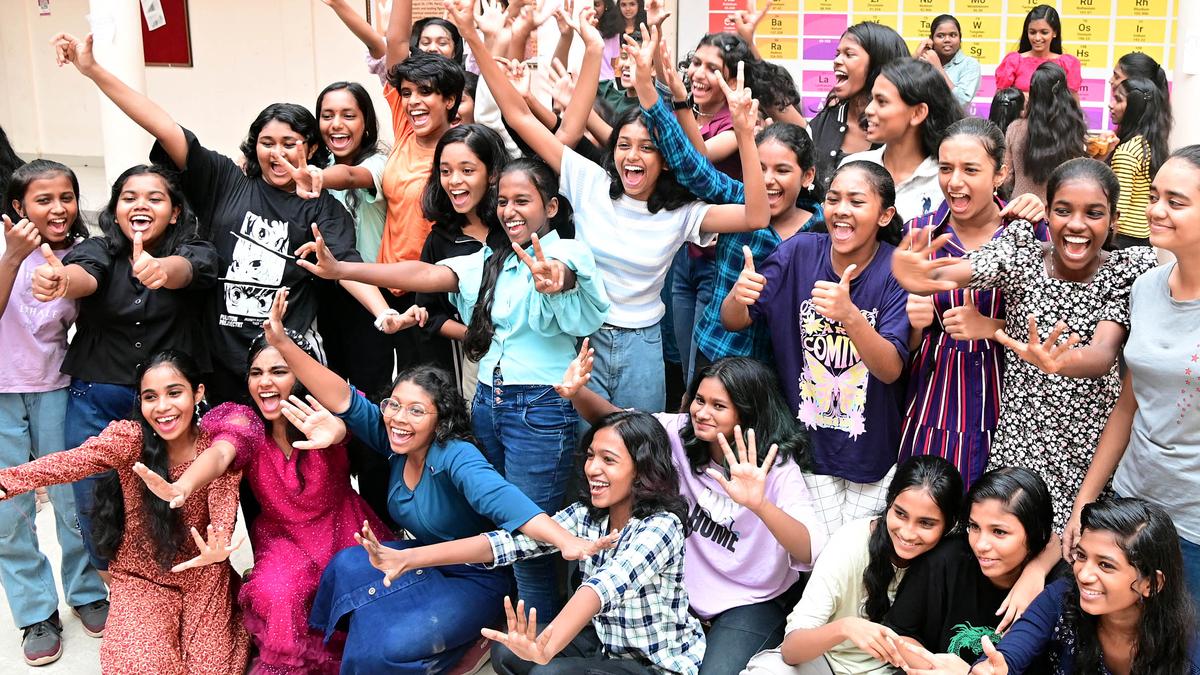Justice N. Anand Venkatesh of the Madras High Court on Friday, April 26, 2024, criticised one of his own judgements in a civil suit, and said that it required reconsideration. “Evolution happens when you know that you have committed a mistake and you are willing to correct it,” he said.
Delivering a lecture organised jointly by the Madras Bar Association (MBA) Academy and Rakesh Law Foundation, instituted by senior advocate N.R. Elango in memory of his son who died in a road accident, the judge said, he had no hesitation in accepting his follies.
After his elevation as a judge of the High Court on June 4, 2018, he recalled having got the opportunity of sharing a Division Bench with Justice M.M. Sundresh (now a Supreme Court judge) who encouraged him and let him write many judgements for the Bench.
One such judgement was delivered in a case, Harsha Estates versus P. Kalyana Chakravarthy on July 23, 2018. Since it was just a little over a month since he had become a judge, the judgement was penned in the overenthusiasm that normally grips a newly-appointed judge, he said.
Stating that senior advocate Sriram Panchu had argued that case related to the relief of specific performance and a suit for land, Justice Venkatesh said: “Then, I held it against him... but today I think I need to give a sort of an explanation as to why he was right in that particular case.”
The judge said that he had laid down two principles in that case. The first was, that in a suit for specific performance, if the suit was only for enforcement of an agreement simpliciter, without seeking any other relief, the same would fall within the ambit of suit for land since the relief of possession of property was inherent in the relief of specific performance.
The second principle was that in a suit for specific performance, if the plaintiff had sought additional relief of injunction to restrain the defendant from interfering with the possession or enjoyment or to not create any charge or encumbrance or not to alienate the property, such suits would also come within the ambit of suits for land under Clause 12 of the Letters Patent.
Stating that both the principles laid down by him in the 2018 judgement required reconsideration, Justice Venkatesh said, he realised his mistake only after reading a scholarly article written on the subject by senior advocate R. Parthasarathy and after his discussions with advocate Sarath Chandran whom he described as the “shining star” of the Madras Bar.
He went on to state: ‘This attitude, my friends, is very important because at the end of the day, evolution happens not by mere learning. Evolution happens even by unlearning... An institution is involved here. There is nothing personal in this. Everybody is bound to commit a mistake and once you know that a mistake has been committed, it is very, very important that you immediately recognise the fact that you have committed a mistake and try to change it. So, that is the purport of this lecture.”
MBA president M. Baskar, secretary S. Thiruvengadam and Mr. Elango also spoke.

 1 week ago
143
1 week ago
143



